Will HS2 be scrapped and what has it cost so far?
Experts say cutting costs on the controversial high-speed rail project could mean a slower and less regular service linking fewer locations
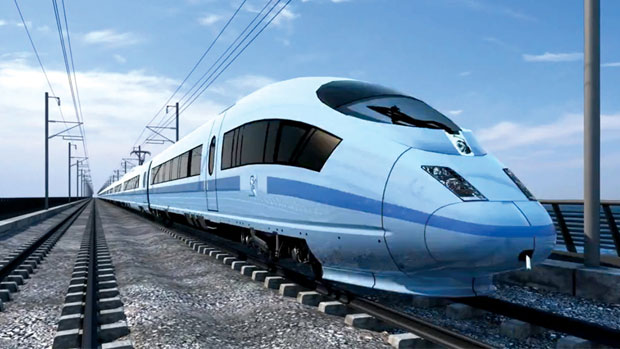
A free daily email with the biggest news stories of the day – and the best features from TheWeek.com
You are now subscribed
Your newsletter sign-up was successful
Amid reports of soaring costs caused by inflation, High Speed Two (HS2) railway bosses are reportedly contemplating scaling back the project significantly or scrapping it completely.
A range of cost-saving measures have been splashed across the front pages in recent days, including plans to reduce the top speed of HS2 trains, limit the number of trains that run on the line, or even terminate the services before their planned final destination in central London.
The Department for Transport told Sky News it “does not comment on speculation” about the fate of the project, insisting that scrapping the project was not a consideration given that “spades are already in the ground”.
The Week
Escape your echo chamber. Get the facts behind the news, plus analysis from multiple perspectives.

Sign up for The Week's Free Newsletters
From our morning news briefing to a weekly Good News Newsletter, get the best of The Week delivered directly to your inbox.
From our morning news briefing to a weekly Good News Newsletter, get the best of The Week delivered directly to your inbox.
Why are savings being sought?
The cost of completing HS2 has ballooned from £33bn a decade ago to an estimated £100bn today, making the project “a sitting duck for cuts,” said New Civil Engineer.
One of the main culprits for the soaring costs is inflation, according to the Financial Times (FT). The transport department’s capital budget now faces a shortfall of £5bn by 2027/28 after Chancellor Jeremy Hunt only committed to maintain the transport department’s capital budget “in cash terms” after 2025, which means “a big real-terms cut with inflation running at a record high,” the FT said.
The cost problem “is a function of inflation, we are having to find huge savings because the cost of everything the department is already doing will have become so much more expensive by then,” an unnamed government official told the paper.
How are cost cuts being evaluated?
Ministers have reportedly launched two cost-cutting initiatives for HS2 called “Operation Blue Diamond” and “Project Silverlight”.
A free daily email with the biggest news stories of the day – and the best features from TheWeek.com
“Project Silverlight” aims to find savings through a combination of delays and cuts in the first phase of the project that will see London linked to Birmingham, while “Operation Blue Diamond” would consider how costs can be cut over the subsequent five years of the project.
Government officials said both reviews would run until the summer with “no final decisions made before then”, the paper said.
What does this mean for HS2?
In practical terms this could mean a slower and less regular service linking fewer locations, and possibly not even running directly into central London. According to a report by The Telegraph the projected maximum speed of up to 224mph that the trains were intended to reach is now “in jeopardy” pending the official review.
HS2 was originally designed to run services at up to 248mph. This was reduced to a maximum of 224mph after contracts to build the new trains had been awarded.
This would still be faster than any train in the world with the exception of China, although some say speed should no longer be a priority at all.
Labour peer Lord Berkeley, the deputy chairman of a 2020 review of the project, believes further savings could be made if speeds were reduced to 125mph.
In a letter to Chancellor Jeremy Hunt and Transport Secretary Mark Harper, Berkeley said: “Why do you need to get to London 30 minutes quicker when you have Wi-Fi and your laptop on the train? I suggest that ministers should look at options for radically cutting the costs of what is left of HS2.”
Advocates of reducing the frequency of trains argue that doing so would mean fewer platforms are needed at HS2 stations, which would cut costs yet further.
Reports also emerged last month that one measure under consideration was the idea of terminating trains at Old Oak Common in west London rather than running them through to Euston. But Hunt parried that he does not see “any conceivable circumstances” why HS2 wouldn’t run to Euston, the Evening Standard reported.
Officials are also said to be considering scrapping the Handsacre Link, which would connect to the West Coast Main Line and bring high-speed trains to Stafford and Stoke-on-Trent.
Should it be scrapped?
A report from the Lords Economic Affairs Committee in 2019 warned that the costs of HS2 “appear to be out of control”. Sir Terry Morgan, former chair of HS2 and Crossrail, told the group that “nobody knows” what the final cost will be.
But while latest polling shows the railway is very unpopular, it “comes with huge economic and practical benefits,” argued the Independent’s policy correspondent Jon Stone.
“Will HS2 suffer from cost overruns? Probably. Delays? You bet. Infrastructure projects are rarely delivered on time anywhere in the world,” Stone wrote. “But once they are finally delivered, nobody cares: you probably don’t even remember that the Channel Tunnel or Jubilee Line extension were fiascos in their time; nobody would get rid of them now.”
Arion McNicoll is a freelance writer at The Week Digital and was previously the UK website’s editor. He has also held senior editorial roles at CNN, The Times and The Sunday Times. Along with his writing work, he co-hosts “Today in History with The Retrospectors”, Rethink Audio’s flagship daily podcast, and is a regular panellist (and occasional stand-in host) on “The Week Unwrapped”. He is also a judge for The Publisher Podcast Awards.
-
 Antonia Romeo and Whitehall’s women problem
Antonia Romeo and Whitehall’s women problemThe Explainer Before her appointment as cabinet secretary, commentators said hostile briefings and vetting concerns were evidence of ‘sexist, misogynistic culture’ in No. 10
-
 Local elections 2026: where are they and who is expected to win?
Local elections 2026: where are they and who is expected to win?The Explainer Labour is braced for heavy losses and U-turn on postponing some council elections hasn’t helped the party’s prospects
-
 6 of the world’s most accessible destinations
6 of the world’s most accessible destinationsThe Week Recommends Experience all of Berlin, Singapore and Sydney
-
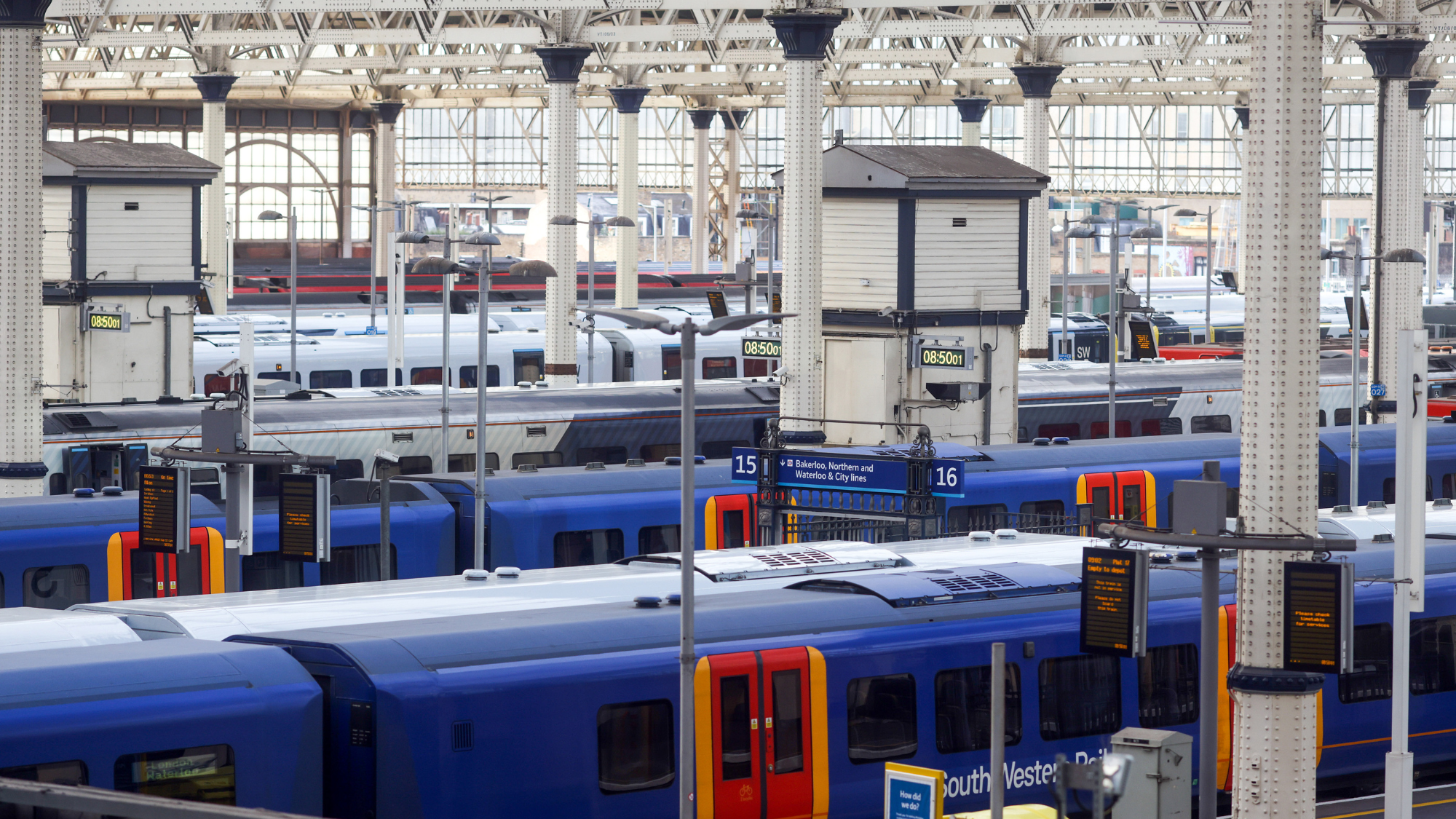 Is it finally all change for train Wi-Fi?
Is it finally all change for train Wi-Fi?In The Spotlight South Western Railway's 5G Wi-Fi service has changed the way passengers connect – but will the new system catch on?
-
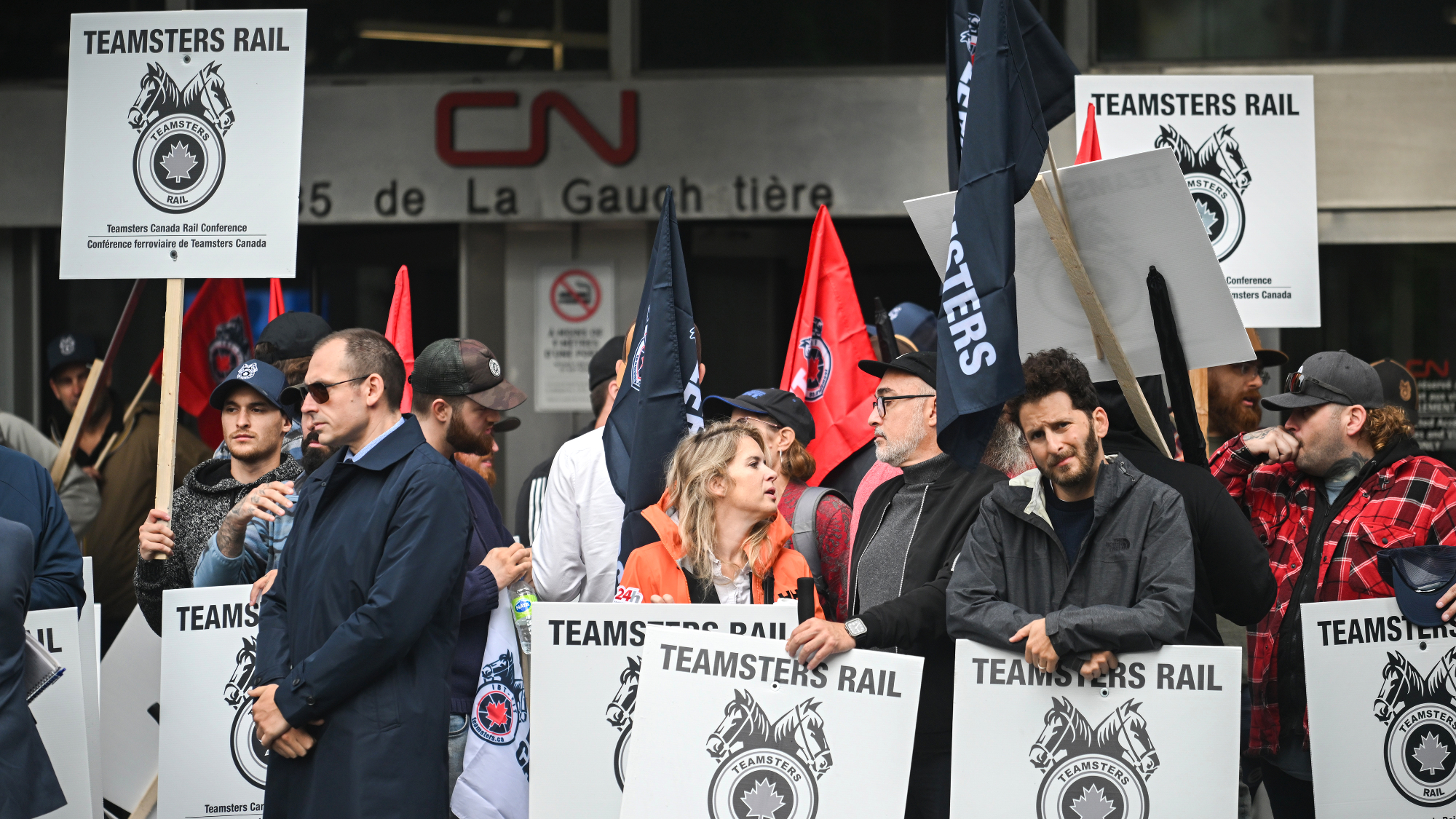 Brief Canada rail lockout ends with arbitration
Brief Canada rail lockout ends with arbitrationSpeed Read A prolonged shutdown could have threatened the country's supply chain
-
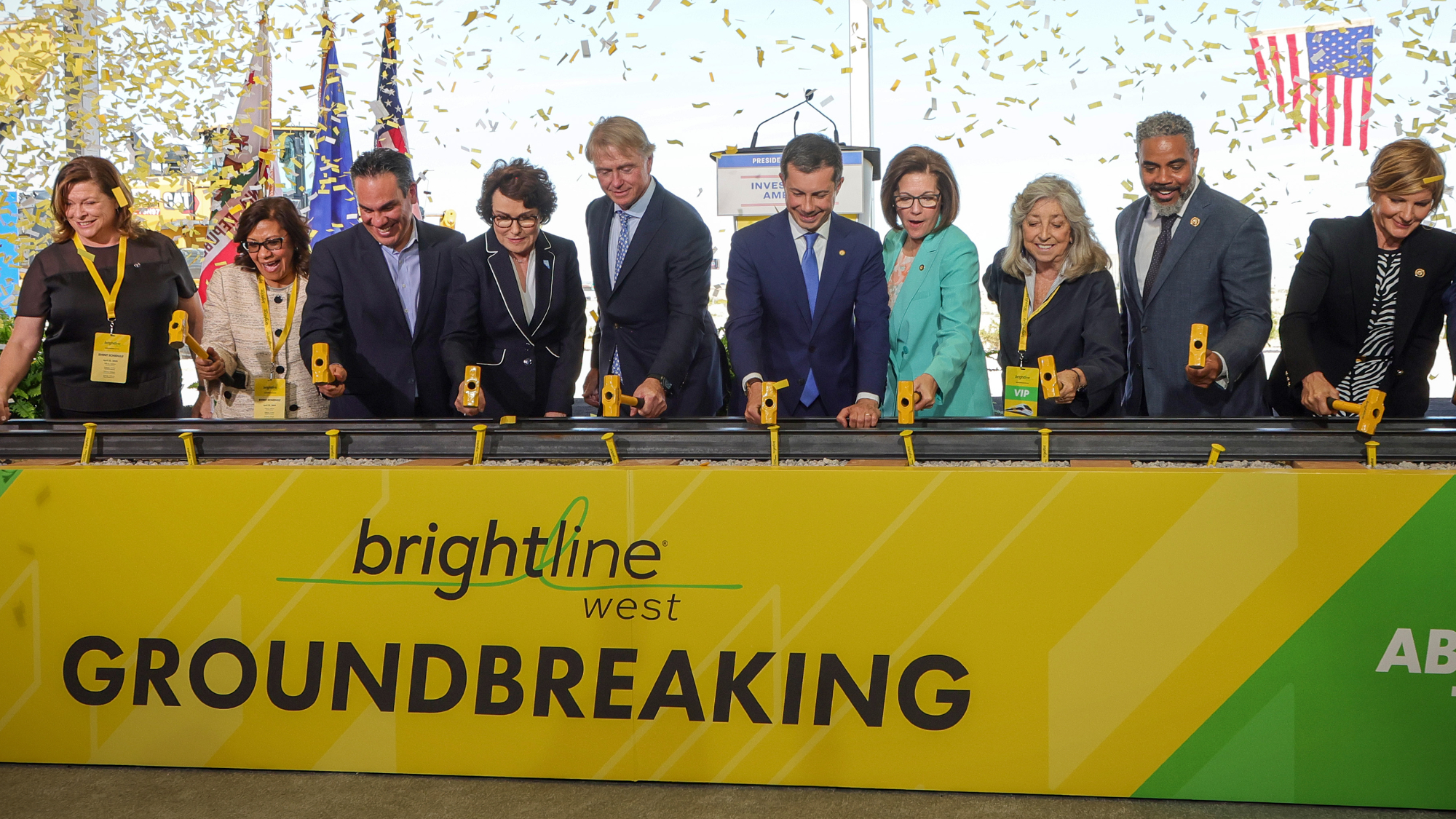 LA-to-Las Vegas high-speed rail line breaks ground
LA-to-Las Vegas high-speed rail line breaks groundSpeed Read The railway will be ready as soon as 2028
-
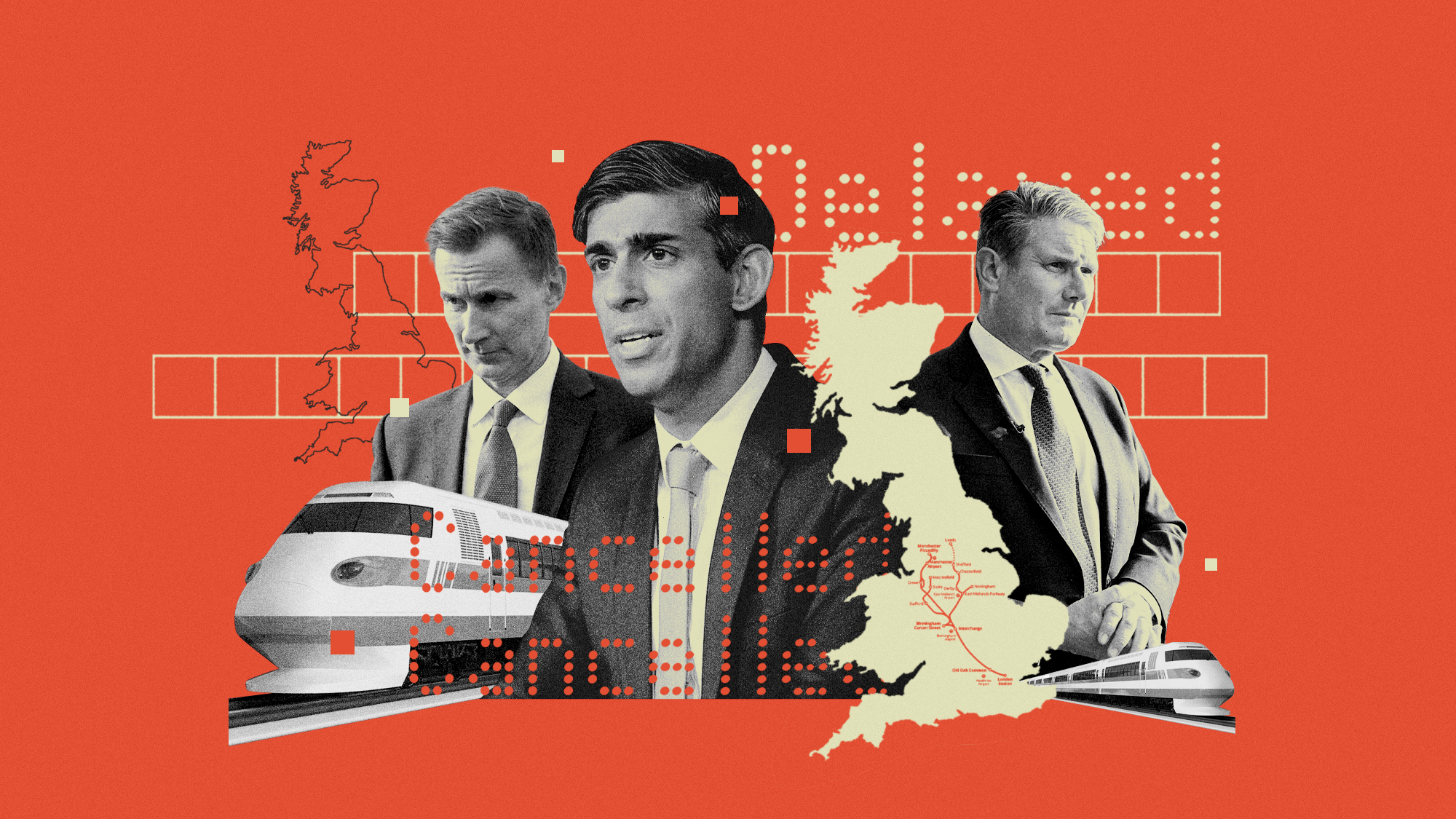 Can HS2 get back on track?
Can HS2 get back on track?Today's Big Question West Midlands mayor offers business solution to keep northern leg but final decision may rest with Labour
-
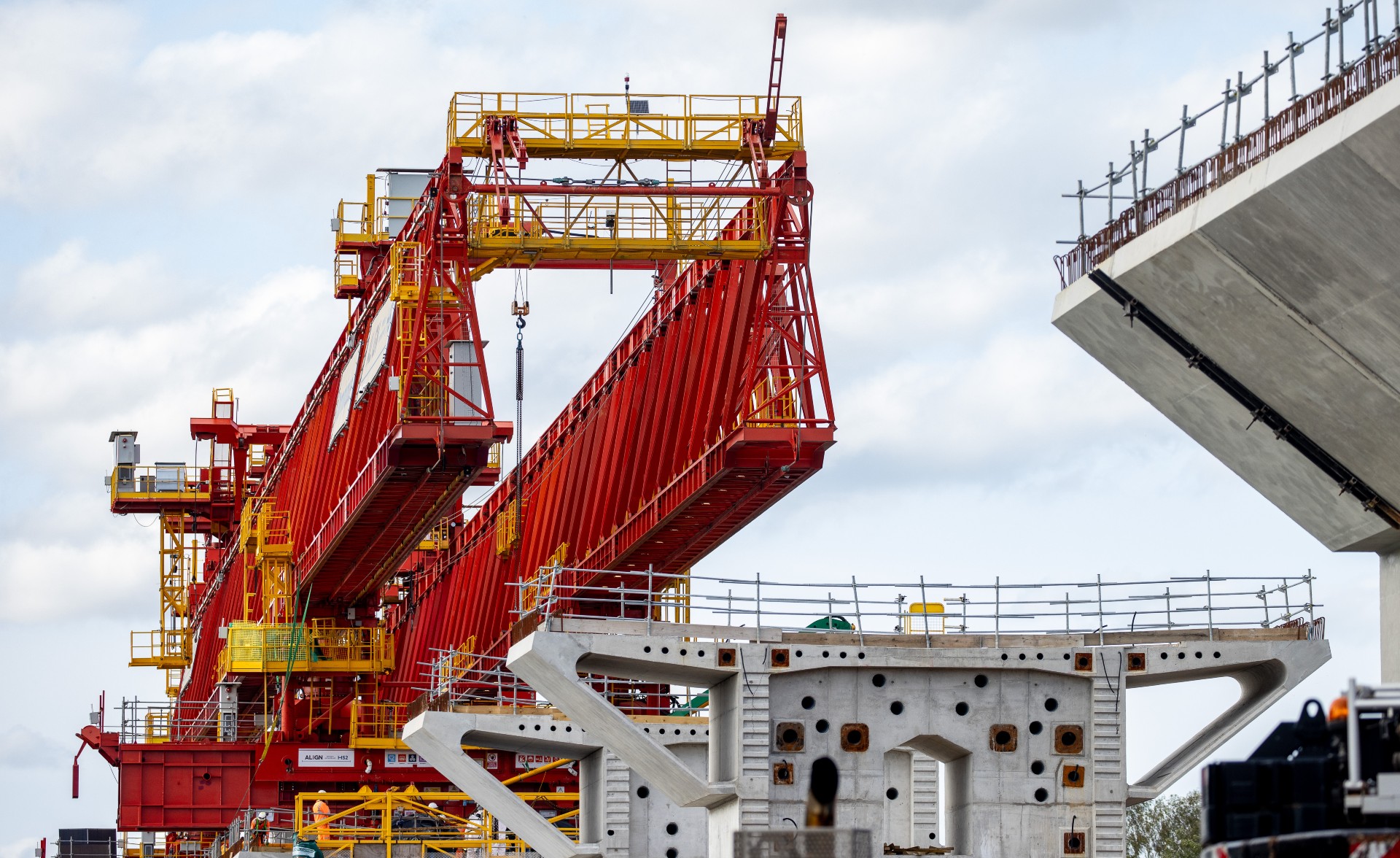 HS2: a runaway train
HS2: a runaway trainTalking Point PM may cut Manchester to Birmingham line of beleaguered rail project due to spiralling costs
-
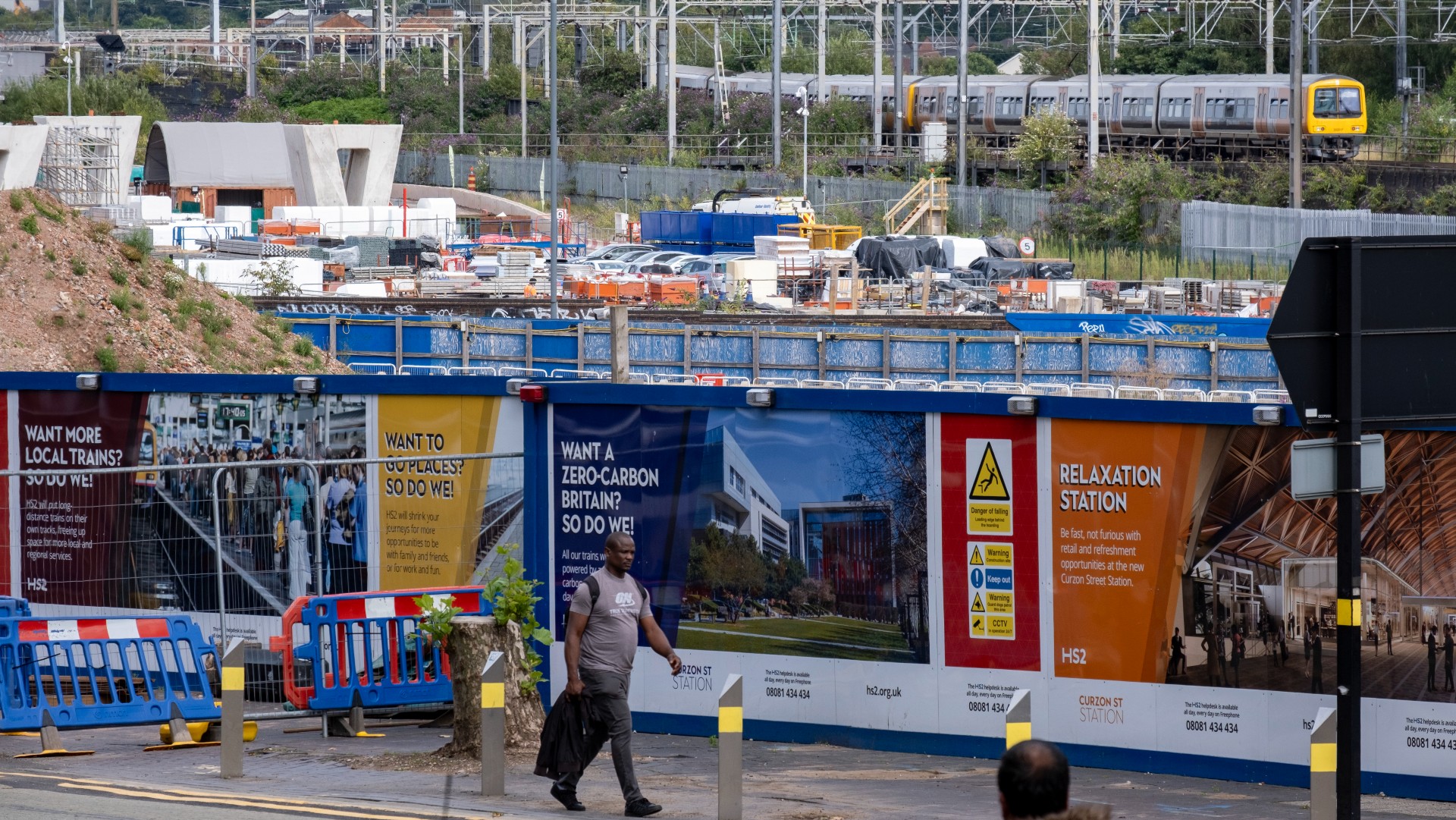 Is Britain’s infrastructure failing?
Is Britain’s infrastructure failing?feature High costs, inflation, policy uncertainty and ‘nimby’ tax have led to ‘dire state’ of UK building projects
-
 ‘Ghost trains’ and armoured limos: how Vladimir Putin travels in secret luxury
‘Ghost trains’ and armoured limos: how Vladimir Putin travels in secret luxuryUnder the Radar Planes, trains and automobiles make up the Russian president’s fleet of undercover travel options
-
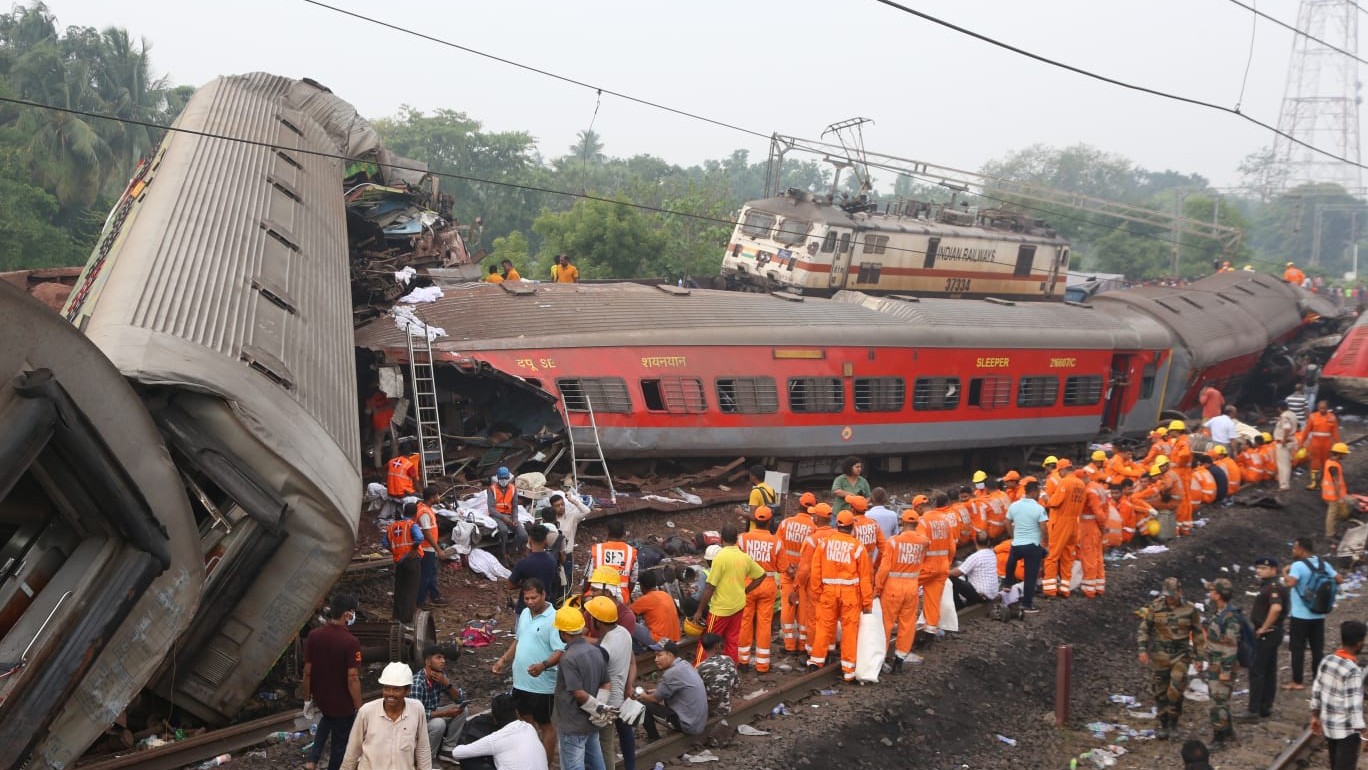 How safe is India’s rail network?
How safe is India’s rail network?feature Narendra Modi’s costly modernisation programme in spotlight after worst train disaster in decades